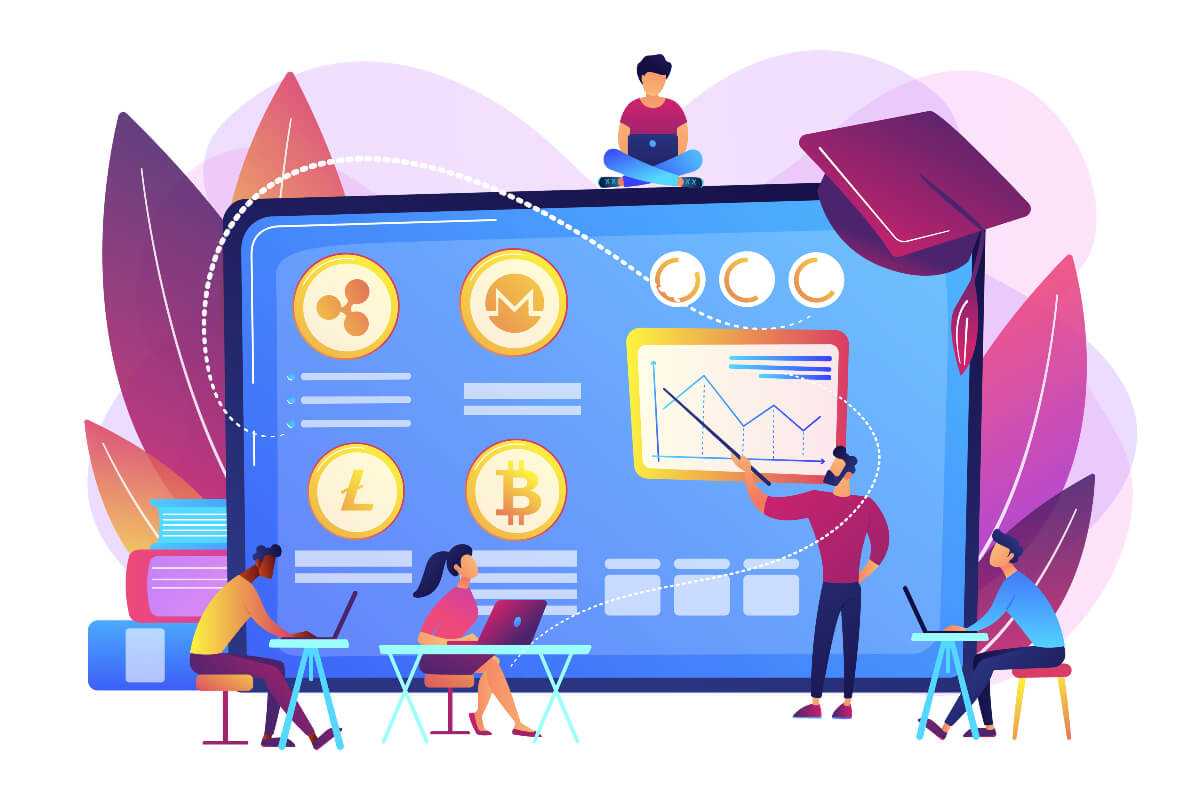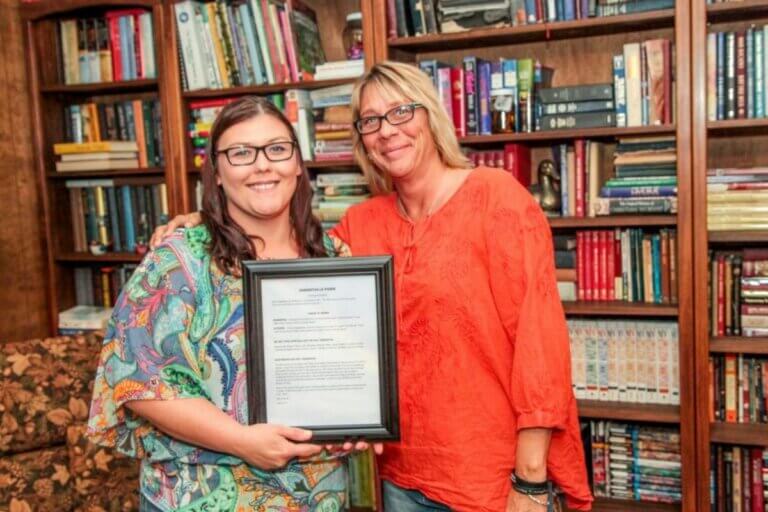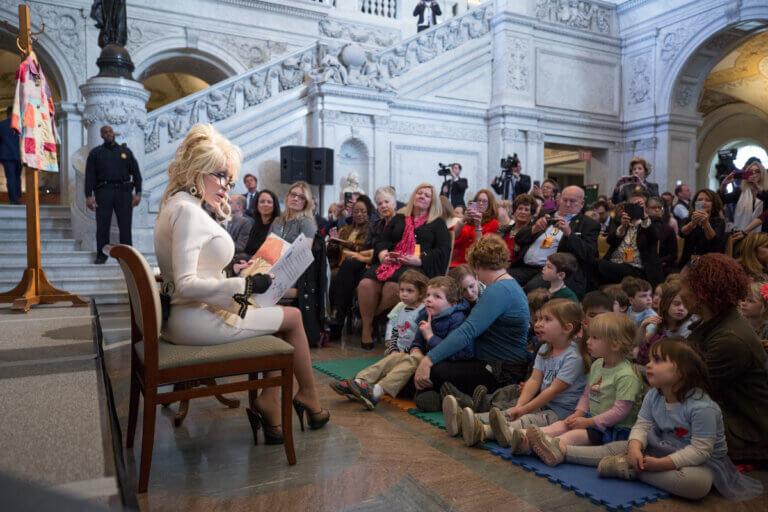If you’ve ever felt frustrated about money and intimidated by the advice offered by traditional financial institutions, you’re not alone. Many people carry trauma around money, and there’s one program hoping to change that.
Financial Literacy Is Only Part of the Solution
Early in her career as a mortgage broker, Chantel Chapman thought that the answer to monetary concerns was better financial literacy. So, she started her own financial literacy education business geared to teenagers and millennial adults.
“But while I was teaching people about money, my own financial situation was not great,” Chapman says. “Even though I knew all about financial literacy, I was overspending, had credit card debt and was late filing taxes.”
Her own financial insecurity made her realize that financial literacy was only part of the solution: “As I re-examined my own life — I grew up in poverty with a single mother, I am a survivor of sexual abuse and I grew up in a home where there was some addiction — and through my own trauma healing and addiction recovery, I started seeing the link between trauma and our relationship with money.”
Trauma Has a Big Impact on Our Financial Literacy
Chapman spent five years researching the conditions that impact our relationship with money, and determined generational trauma, relational trauma, societal trauma, systemic trauma and laws of nature all play a role.
“If we’re in a scarcity or trauma-triggered state, our ability to connect with financial literacy is impacted because we do not have as much access to our cognitive capacity because of what trauma and scarcity does to the brain,” she says. “We determined a very intersectional, layered approach to the causes of our relationship with money.”

Financial Literacy Program Addresses Trauma and Money
In January 2020, she co-founded Trauma of Money, an education program that teaches professionals and individuals to understand their relationship to money in connection with trauma healing, addiction and recovery.
Related Articles
Professionals who complete the program receive a certification that they can apply to their own work. Chapman says mental health professionals, educators, entrepreneurs, financial planners and non-profit directors are some of the professionals that can benefit from the program.
Healing Trauma and Shame Around Money
Individuals who want to heal their own relationship with money can also enroll in the program. There are two cohorts a year, with classes taught by Chapman and Trauma of Money faculty who take an intersectional, diverse approach to the courses.
“Some of the language used around financial literacy can feel like financial jargon and be exclusionary,” Chapman says. “Oftentimes folks who feel distressed about money may not feel like they are intelligent enough to speak to someone at a traditional financial institution, and that can be a barrier to entry for them. Not only can financial jargon be confusing, but it can put us in a trauma-triggered state, especially if you have trauma around authority and hierarchies.”
The Antidote to Shame Around Money
The Trauma of Money program can help individuals cope with existing financial structures, and give professionals a trauma-informed approach to help people feel more welcome and comfortable no matter which industry they work in.
Chapman says the program’s unique take on financial education is a fit for “anyone that has experienced any pain around money.”
“If you live in our society, where capitalism is the dominant narrative. it would be really hard to avoid pain,” she says. “We believe that the path to healing trauma is layered and intersectional just like the creation of trauma. I think if you can seek out any space where you can find belonging and connection, that is truly the antidote to shame around money.”
This month we’re toasting to breaking the money taboo and achieving financial wellness 🥂! Here’s why you should start investing, even if you’re terrified, and your guide to negotiating what you want at work.







